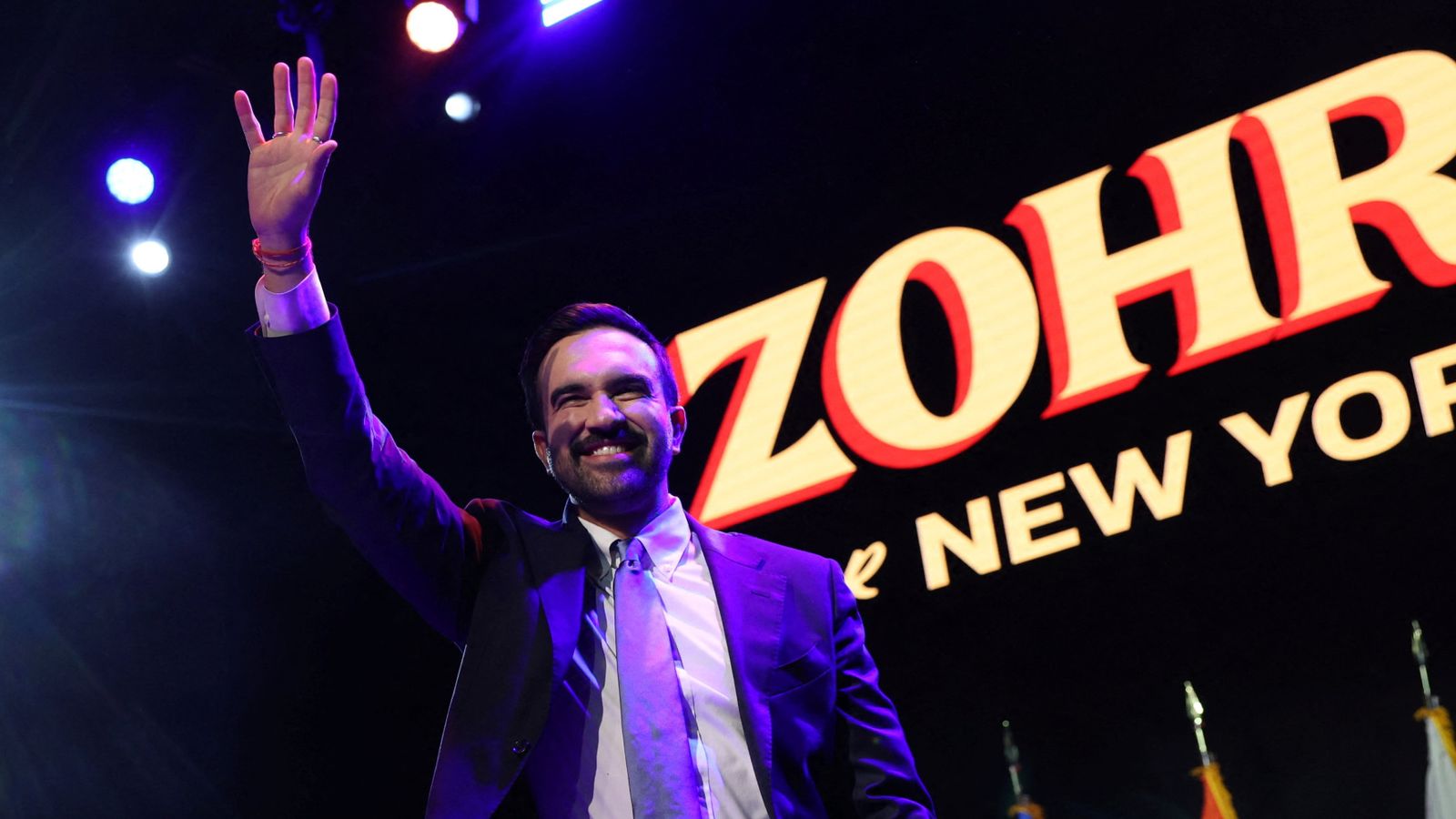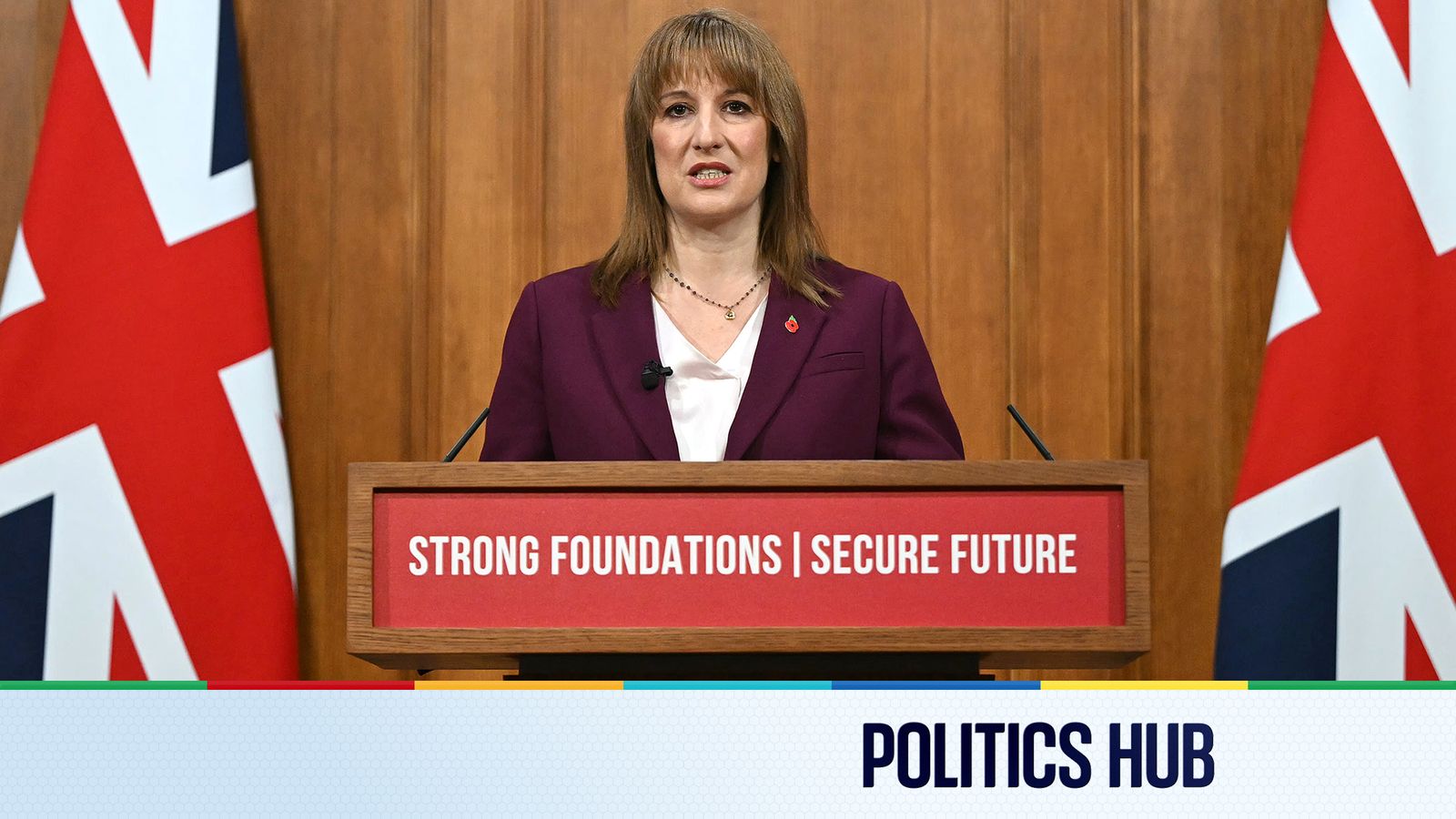Interest rates expected to be rise to their highest level for 14 years, economists have warned (Picture: Getty)
The Bank of England is expected to push interest rates even higher next week, putting further pressure on mortgages.
In a crunch meeting, the nine members of the Monetary Policy Committee will make a decision that could push up the amount that millions of mortgage holders have to pay their banks every month.
The decision is expected to push up the Bank’s base interest rate from 3% to 3.5% in December, to its highest for 14 years.
The expected 0.5 percentage increase will represent a slight cooling in rate increases, after the Bank’s MPC opted for a 0.75 percentage point rise last month – the highest single increase since 1989.
The move will be the ninth time in a row that the Bank has hiked interest rates. Less than a year ago the rate was 0.1%.
Economists at Deutsche Bank said they expect the rate to increase to 3.5% at the Thursday December 15 meeting, predicting five of the nine-strong committee to opt for this increase.
‘Some good news around softening inflation expectations and easing recruitment difficulties will allow the MPC to slow the pace of tightening, avoiding a second consecutive 75bps (basis point) hike,’ they added.
‘But the Bank isn’t out of the woods just yet.
‘Persistent inflationary pressures alongside lingering labour market tightness should result in another ‘forceful’ hike.’
Andrew Bailey sought to cool market expectations for how high-interest rates will ultimately increase at the previous meeting, amid improvements in the value of the pound and government borrowing rates since September.
Deutsche Bank has suggested that rates could push as high as 4.5% next year, drifting from the Bank’s own previous prediction of 5.25% last month.
However, experts at ING and Investec have been even more dovish, both predicting that the rate will peak at 4% next year.
ING’s James Smith, Antoine Bouvet, and Chris Turner said in a note to investors: ‘When the Bank of England hiked by 75 basis points for the first time back in November, it seemed obvious that it would be a one-off move.
‘The forecasts released back then suggested that keeping rates at 3% would see inflation overshoot (just) in two years while raising them to 5% would see an undershoot.
“In other words, we should expect something somewhere in the middle, and that’s why we think the Bank Rate is likely to peak at 4% early next year.’
They predicted that interest rate hikes could stop in February but suggested that continued wage pressures in the labour market mean the Bank could be ‘less swift to cut rates than the US Federal Reserve’.
The Consumer Price Index (CPI) stood at 11.1% in October, marking the highest UK inflation rates for 45 years.
Although most analysts believe we have reached a peak and that upcoming November figures will show a slight reduction in the CPI, the late increase is believed to remain near double digits until at least spring.
In its most recent assessment of the situation, the Bank of England said any upcoming recession would be long, but shallow.
Economist Paul Dales believes the base rate could remain above 4% all next year as the Bank focuses on flushing inflation out of the system, the Guardian reports.
However, other economists are [predicting rate cuts as early as spring in order to avoid any potential recession turning into a slump.
Get in touch with our news team by emailing us at [email protected].
For more stories like this, check our news page.
Interest rates are expected to rise for the ninth time in a row, reaching their highest level for 14 years.





